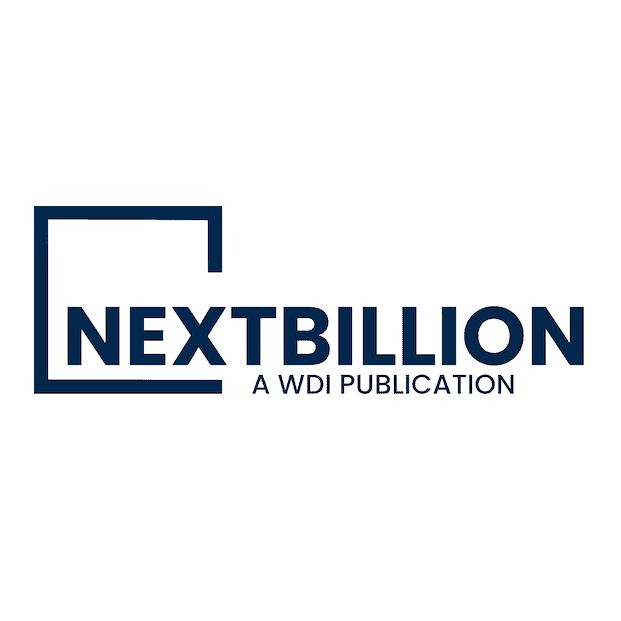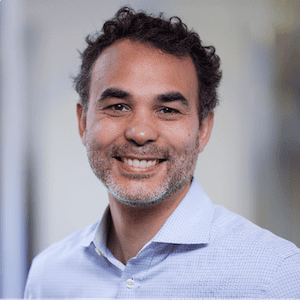-
Are Rural Customers Ready to Consume More Energy at the Right Price? New Mini-Grid Research Offers Intriguing Results
Setting appropriate pricing is crucial to any business, but it's especially challenging for mini-grid developers serving rural customers in emerging countries. If the price is too high, customers can’t afford to buy enough power. If it's too low, mini-grids risk their commercial viability. Authors at CrossBoundary discuss a new report exploring the impact of massive price reductions on energy consumption and mini-grid revenues. The results are striking, and potentially significant for both providers and their customers.
- Categories
- Energy
-
Building an Ecosystem to Save an Ecosystem: How Facilitating Climate Finance for MSMEs Can Fight Global Climate Change
Climate finance has become a buzzword for micro, small and medium enterprises (MSMEs) working on climate solutions. But with the unique challenges these enterprises face, it has become increasingly clear that the global development community will need to reimagine the entire ecosystem in order to get them the funding they need. Santosh Kumar Singh and Ankit Gupta at Intellecap discuss the obstacles to climate finance for MSMEs, and how best to overcome them.
- Categories
- Environment, Investing
-
PAYGo Solar at a Crossroads: Why the Industry Must Choose Between Protecting Customers and Satisfying Investors
Over $500 million in investor financing has poured into off-grid solar in the past year. But while that's an exciting development for the sector, there is a downside. As BrightLife CEO Stefan Grundmann explains, PAYGo solar operators are facing heightened investor pressure to expand their reach and aggressively deliver greater sales. In response, many companies have taken new measures to boost business – some of which have led to troubling new risks for customers. Grundmann explores this issue, and how the industry and its investors should respond to it.
-
Less Golf, More Gender Equity: A Q&A with Impact Investor Morgan Simon
From filing shareholder resolutions as a teen to founding multiple impact investing funds and penning a successful book, Morgan Simon has spent nearly two decades combining finance and social justice in diverse and innovative ways. NextBillion caught up with her to discuss her distinctive career – and how her role within the sector has been shaped by her gender – in this interview, part of our special series 'By Women, For Women.'
- Categories
- Investing
-
Bringing the Tech Revolution to Health Care: New Report Provides First-Ever Snapshot of Global Digital Health Ecosystems
As the role of technology in health ecosystems grows, the global health sector needs a data-driven approach to measure and improve the status of digital health structures. That's the goal of the Global Digital Health Index (GDHI), an interactive digital resource that tracks, monitors and evaluates how health care providers use digital technology. Joanne Ke Edelman at the Global Development Incubator explores how data collected from 22 countries for GDHI’s inaugural “State of Digital Health” report provides the first-ever snapshot of digital health ecosystems throughout the world.
- Categories
- Health Care, Technology
-
Can Superplatforms Transform Financial Inclusion in the Least Developed Countries? Emerging Insights from Nepal
Superplatforms like Google, Amazon, Facebook and Alibaba are at the forefront of technology in countries around the world. But can their model work down market? Using insights generated by homegrown superplatforms in Nepal, Keyzom Ngodup Massally and Audrey Misquith at UNCDF discuss their potential to build a new-generation financial sector in the least developed countries.
- Categories
- Finance, Technology
-
The Impact of Equal Education: Solutions to the Gender Disparity in Sub-Saharan African Schools
About 132 million girls are out of school around the world, and the problem is fundamentally tied to gender. With issues ranging from child marriage to misperceptions about menstruation, girls face unique obstacles to education in many countries. Mark Buttweiler explores how Bridge International Academies is tackling the gender disparity, via a multifaceted, research-based approach that supports equality both in the classroom and the surrounding community.
- Categories
- Education, Impact Assessment
-
Good for Investors, Good for Business: Helping Financial Advisors Embrace Sustainable Investing
The chorus of investors demanding sustainable investing has hit a fever pitch – not just among millennials or women, but among all ages and genders. This has not gone unnoticed by financial advisors, but meeting client demand for these investments can be challenging. The Investment Integration Project recently published a guide to help advisors get past their anxieties and harness the business-building potential of sustainable investing. William Burckart and Jessica Ziegler discuss the key takeaways.
- Categories
- Investing
- Tags
- ESG, impact investing










